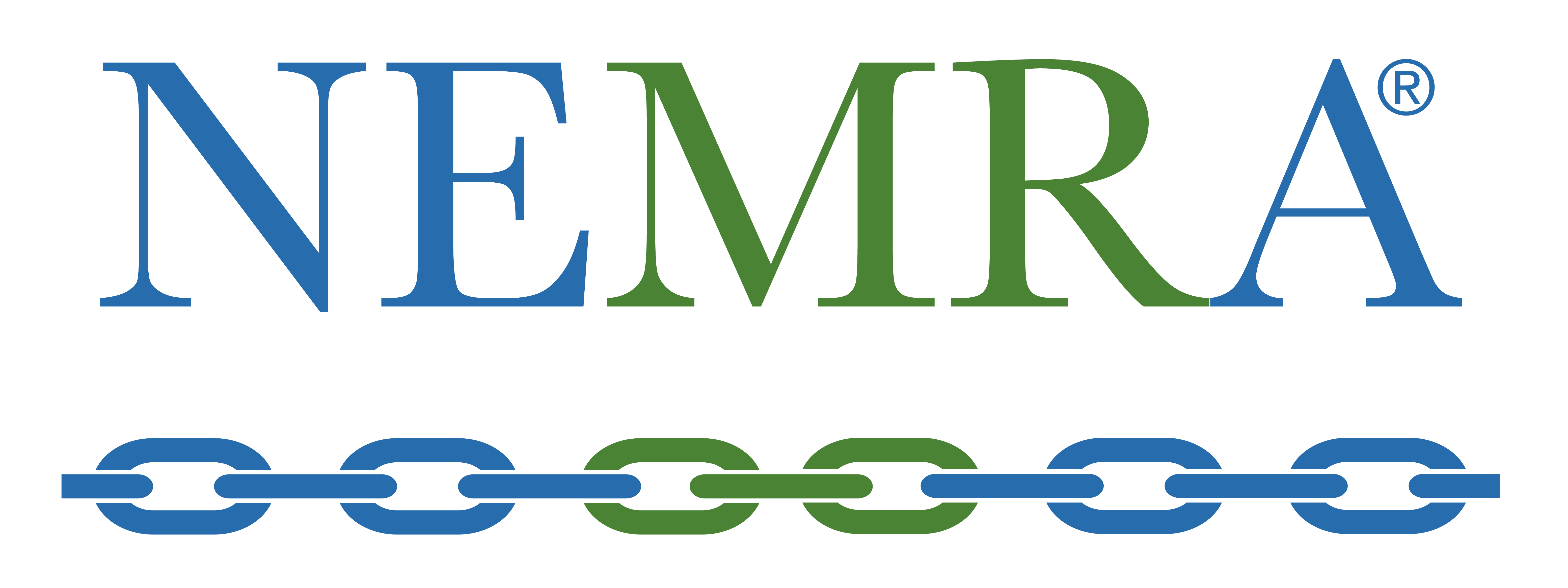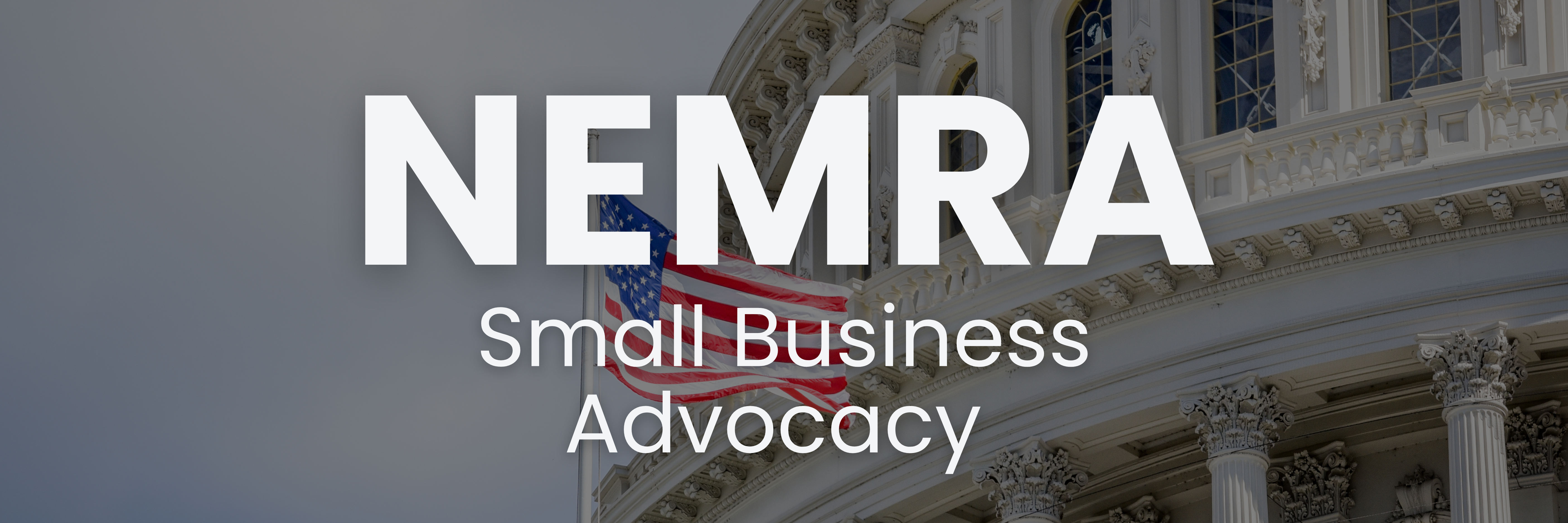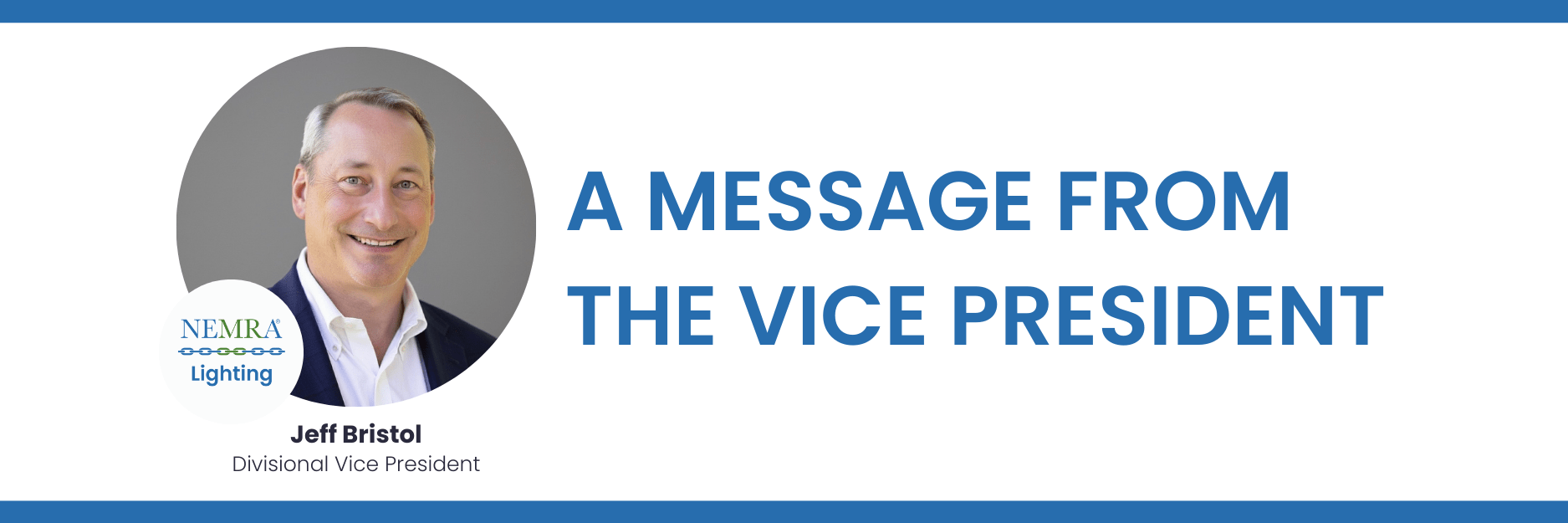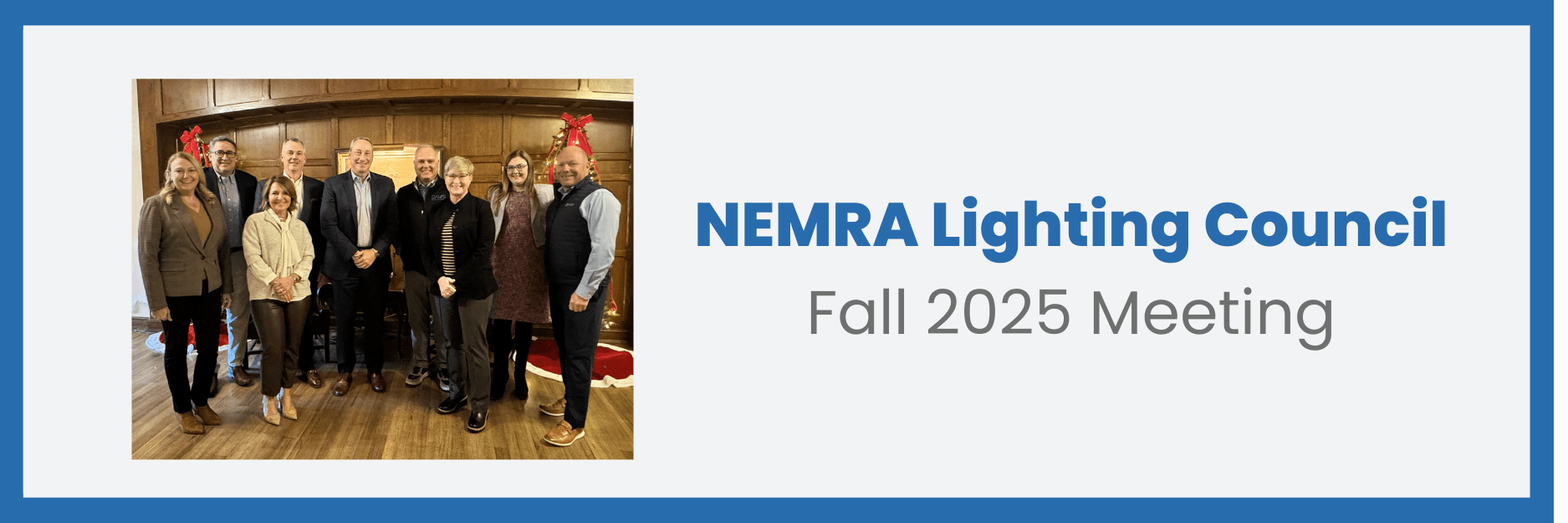ON DECK:
- IEEPA case appealed to SCOTUS
- Text of Japan deal released
- U.S., Canada talking on sectoral deals; EU pauses Google penalty; U.S., India still at Russian oil impasse; Swiss meeting Lutnick, but he’s not optimistic
- Submission window for steel and aluminum inclusions is back open (in theory); auto parts inclusions process stalled
DISCLAIMER: The below is intended to inform, not to be construed as an official statement from the office of Rep. Yakym
Tidbits
A Supreme Appeal
As expected, the Trump Administration has appealed last week’s decision from the U.S. Court of Appeals for the Federal Circuit striking down the IEEPA reciprocal and fentanyl tariffs. It’s listed in the Supreme Court’s (SCOTUS) docket here. The Department of Justice requested a timeframe that would see oral arguments the first week of November. We’ll see if SCOTUS agrees to that.
USTR Jamieson Greer called the decision a “hiccup more than anything.” He added, “All these countries know that we have to rebalance…and that’s why people are moving forward with their deals regardless of what this court may say in the interim.” President Donald Trump told reporters in the Oval Office, “If we don’t win that case, our country is going to suffer so greatly…These deals are all done, I guess we’d have to unwind them.” He also truthed a thank you to the judge appointed by former President Barack Obama who voted to uphold the tariffs.
For importers, it’s not really clear, should SCOTUS deliver the final death blow to the tariffs, how quickly refunds will be made. In fact, it could be pretty slow.
One other notable piece of the Federal Circuit’s decision was that all 11 judges agreed that the Court of International Trade (CIT) is the correct venue for these cases.
Ryosei Can You See
Japan’s chief negotiator, Ryosei Akazawa, traveled to DC this week after last week’s head-fake. His travel being a positive signal that something was afoot, we got the goods yesterday in the form of an Executive Order implementing the U.S.-Japan agreement. You can read that here. The EO:
- Japan will get the same 15% IEEPA reciprocal tariff arrangement as the EU (anything with a baseline tariff under 15% will be trued up to 15%; anything with a baseline tariff over 15% will have no additional tariff). This will be retroactive to August 7.
- Additional tariffs won’t apply to products that fall under the WTO Agreement on Trade in Civil Aircraft, unless subject to the ongoing Section 232 investigation into unmanned aircraft. These modifications will be made within seven days of the Executive Order’s publication in the Federal Register.
- Japan will get the 15% tariff true-up arrangement on Section 232 autos and auto parts. These modifications will be made within seven days of the Executive Order’s publication in the Federal Register.
- There is a provision for zero tariffs on natural resources unavailable in the U.S., generic pharmaceuticals, generic pharmaceutical ingredients, and generic pharmaceutical chemical precursors.
- The U.S. reserves the right to reimpose tariffs if the Commerce Department determines that Japan isn’t living up to its end of the bargain.
The Executive Order also memorializes a few other aspects of the deal:
- Japan will make “breakthrough openings in market access” for the American manufacturing, aerospace, agriculture, food, energy, automobile, and industrial goods industries.
- The ag callouts include a 75% increase in U.S. rice purchases, as well as purchases of U.S. corn, soybeans, fertilizer, bioethanol (including for sustainable aviation fuel), and other products.
- The auto callout is for sales of U.S.-made and U.S.-safety-certified passenger vehicles without additional testing.
- The aerospace callout is for purchases of commercial aircraft.
- There is also a callout for defense purchases.
- Japan will invest $550 billion in the U.S., “which will be selected by the United States Government.” A memorandum of understanding signed by Commerce Secretary Howard Lutnick and Minister Akazawa states that an investment committee will be established and investments will be made by January 19, 2029 (which happens to be President Donald Trump’s last day in office).
A few last bits of note before closing this section out. Japanese Prime Minister Shigeru Ishiba said he intends to stay on as PM. Minister Akazawa met with President Trump in the Oval Office and recorded a video with Secretary Lutnick.
News from the Rest of the World
- Australia: Trade Minister Don Farrell is hoping to meet USTR Jamieson Greer on the sidelines of an October ASEAN summit in Malaysia.
- Brazil: The trial of former President Jair Bolsonaro kicked off. USTR held its public hearing on the Section 301 investigation into a bevy of Brazilian trading practices. The U.S. (per Google Translate) is considering additional measures against Brazil’s central bank and other sanctions over Russian oil imports.
- Canada: Prime Minister Mark Carney said he spoke with President Donald Trump on Monday, adding, “We are expecting agreements, small agreements, in some of the strategic sectors. We will see. It’s not a guarantee.” Those sectors include autos, steel, and aluminum. Building on the call, he dispatched officials to DC to meet with their American counterparts for “technical discussions.” Canada also published its retaliatory tariff modifications last Friday. Everyone’s gearing up for the USMCA review.
- China: The Commerce Department is revoking Taiwanese chipmaker TSMC’s validated end user (VEU) status. Chinese e-commerce giants are trying to make inroads in Europe amid uncertainty in the U.S. Speaking of tariff uncertainty, some companies feel stuck in China since they don’t know what their next move should be.
- The EU: Trade Commissioner Maros Sefcovic intervened at the last minute to suspend antitrust sanctions again Google as he tries to maintain a delicate balance. The socialist bloc in the European Parliament came out against the trade deal, while the European Commission emphasized that it reserves the right to withdraw its concessions if the U.S. doesn’t hold up its end of the bargain. President Trump’s threat on digital trade barriers last week reportedly came days after a meeting with Meta CEO Mark Zuckerberg, but there are also questions as to whether the truth was aimed at South Korea or the EU. The NFTC urged Poland and Slovakia to abandon their digital services tax proposals.
- India: Finance Minister Nirmala Sitharaman said India will continue buying Russian oil, while Commerce Secretary Howard Lutnick told Bloomberg TV India should stop. And around the carousel we go. President Trump told reporters he wasn’t considering lowering tariff on India and truthed about the trade deficit. Commerce Minister Piyush Goyal told a group that a trade deal is still possible by November in spite of “a little bit of geopolitical issues.”
- Mexico: The U.S. and Mexico agreed to increase cooperation on cartels and the international drug trade. Economy Secretary Marcelo Ebrard met with the House Ways and Means Committee this week. Everyone’s gearing up for the USMCA review.
- South Korea: President Trump’s threat on digital trade barriers last week may have been aimed at South Korea, not the EU.
- Switzerland: Commerce Secretary Howard Lutnick told Bloomberg TV he’d be meeting with a Swiss delegation led by Vice President Guy Parmelin, but he wasn’t optimistic on a positive outcome.
- Thailand: The government is setting up a task force to manage what it expects to be millions of certificates of origin required to prevent transshipment tariffs from kicking in.
- The UK: British cheesemakers are annoyed that the EU got a better deal.
232s’ News
- Steel/Aluminum: There was no announcement, but in theory, the September 1-15 (unless it’s 2-16 to account for Labor Day? if only there was an announcement to tell us) window for steel and aluminum inclusions requests is open. They’re submitted via email, as a smart person reminded me, so we’ll see what gets posted on regulations.gov. That should be on or around September 20 going off of the first window.
- Autos: Inside U.S. Trade reports that the publication of the auto parts inclusions process remains delayed, and a new submission timeline is likely. No reason was given for the delay.
- Chips: President Donald Trump said he’d impose “fairly substantial” chips tariffs “very shortly” while adding, “If they’re coming in, building, planning to come in, there will not be a tariff.”
- Copper: India challenged the copper tariffs at the WTO.
Quick Hits
- The Senate Finance Committee advance the nomination of Bryan Switzer as Deputy USTR on a 15-12 vote, with Sen. Sheldon Whitehouse (D-RI) being the only one to cross party lines
- The Departments of Justice and Homeland Security announced a cross-agency Trade Fraud Task Force that will pursue tariff evasion and smuggling
- The White House appeared to leverage a pocket recission to cancel $29 million in WTO funding, but that language itself became subject to a recission
- Treasury Secretary Scott Bessent told the Washington Examiner that the Trump Administration is weighing declaring a housing emergency, which could include tariff exemptions for some construction materials
- The U.S. is threatening tariffs, visa restrictions, and port fees on countries supporting the adoption of a UN shipping emissions fee
- South Korea is looking at joining the Comprehensive and Progressive Agreement for Trans-Pacific Partnership (CPTPP, née the Trans-Pacific Partnership (TPP))
Tarif-Fone
Let me know if I missed anything. It’s not unpossible. IEEPA tariffs struck down by courts but in place pending appeal are italicized. There are lawsuits pending on some of the other IEEPA actions, but those have separate circumstances and arguments and may not be struck down themselves.
Trade Actions in Effect | ||||
As of | Who | What | Rate | Authority |
2/4/25 | China | 20% (10% from 2/4/25-3/3/25) | ||
3/4/25 | Canada | 35% (25% from 3/4/25-7/31/25) | ||
3/4/25 | Mexico | 25% | ||
3/12/25 | All countries | 50%; UK at 25% (25% for all countries from 3/12/25-6/4/25) | ||
3/12/25 | All countries | 50%; UK at 25% (25% for all countries from 3/12/25-6/4/25; was 10% prior to 3/12/25) | ||
4/2/25 | Countries importing Venezuelan oil (currently none) | 25% | ||
4/3/25 | All countries | 25% | ||
4/4/25 | All countries | 25% | ||
4/5/25 | Countries not on this list (minus Canada, China, Cuba, North Korea, Russia, Belarus) | 10% | ||
4/9/25 | China | 10% (was 125% from 4/10/25-5/3/25; was 84% on 4/9/25) | ||
5/2/25 | China, Hong Kong | N/A | ||
5/3/25 | All countries | 25% | ||
6/23/25 | All countries | Tariffs on steel derivatives (mostly appliances) | 50% (25% for UK) | |
8/1/25 | All countries | 50% | ||
8/6/25 | Brazil | 40% | ||
8/7/25 | ||||
8/18/25 | All countries | Tariffs on steel and aluminum derivatives | 50% (25% for UK) on steel or aluminum content; IEEPA rate applicable to country on non-steel or aluminum content | |
Effective 8/27/25 | India | 25% | ||
Effective 8/29/25 | All countries | N/A | ||
9/1/25-9/15/25 | All countries | Inclusion request window for Section 232 steel and aluminum derivatives | 25% | |
Coming Attractions |
| ||||
Status | Who | What | Rate | Authority |
|
Supposed to be 7/1/25 | All countries | Inclusion request window for Section 232 auto parts opens | 25% |
| |
Comments due 9/9/25 (action due 5/22/26) | All countries | TBD |
| ||
9/30/25 | All countries | Oral arguments in Learning Resources, et al. v. Trump at U.S. Court of Appeals for the DC Circuit challenging universal and reciprocal tariffs |
| ||
10/1/25 | All countries | Inclusion request window for Section 232 auto parts opens | 25% |
| |
Effective 10/14/25 | Shipping companies | Various fees |
| ||
Due 10/22/25 or 1/20/26 (comments due 5/16/25) | All countries (probably) | TBD |
| ||
Due 10/28/25 | All countries | Inclusions process for Section 232 copper |
|
|
|
Effective 11/10/25 | China | Reciprocal tariff | 34% |
| |
Due 11/25/25 (comments due 4/1/25) | All countries (probably) | TBD |
| ||
Expires 11/29/25 | China | Certain Section 301 China tariff exclusions | 7.5% or 25% |
| |
Due 12/10/25 (hearing was 3/11/25) | China | TBD |
| ||
Due 12/27/25 (comments due 5/7/25) | All countries (probably) | TBD |
| ||
Due 12/27/25 (comments due 5/7/25) | All countries (probably) | TBD |
| ||
Due 1/20/26 (comments due 5/16/25) | All countries (probably) | TBD |
| ||
Due 1/26/26 (comments due 6/3/25) | All countries (probably) | TBD |
| ||
Due 3/28/26 (comments due 8/6/25) | All countries (probably) | TBD |
| ||
Due 3/28/26 (comments due 8/6/25) | All countries (probably) | TBD |
| ||
Due 7/15/26 | Brazil | TBD |
| ||
TBD (no current deadline) | Canada | 25% |
| ||
TBD (no current deadline) | Mexico | 25% |
| ||
TBD | All countries (probably) | 100% | TBD (maybe Section 232) |
| |




